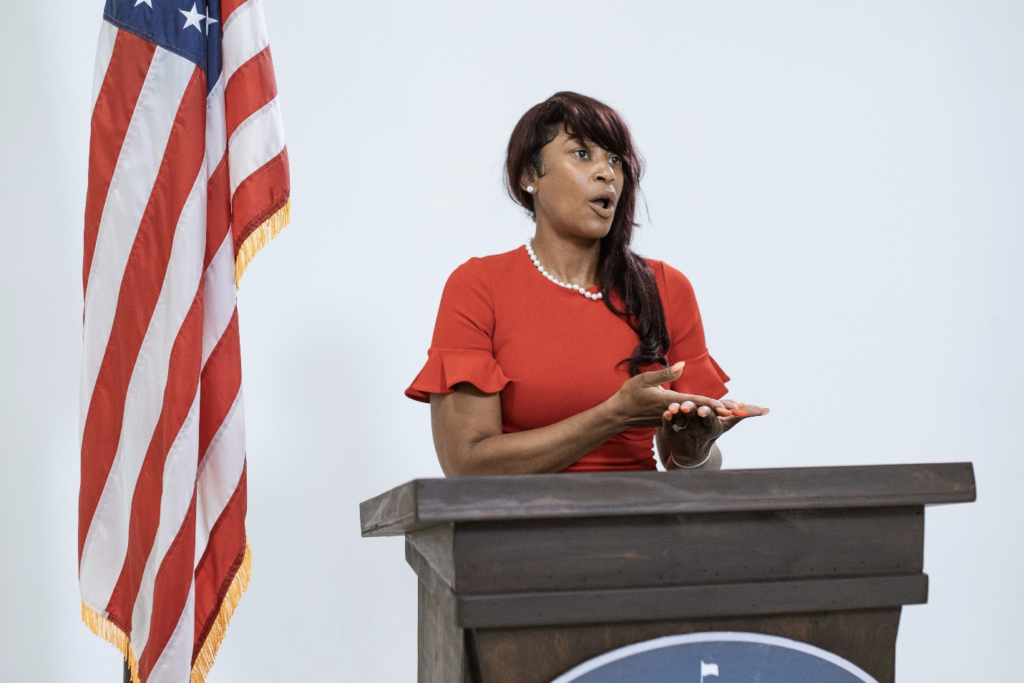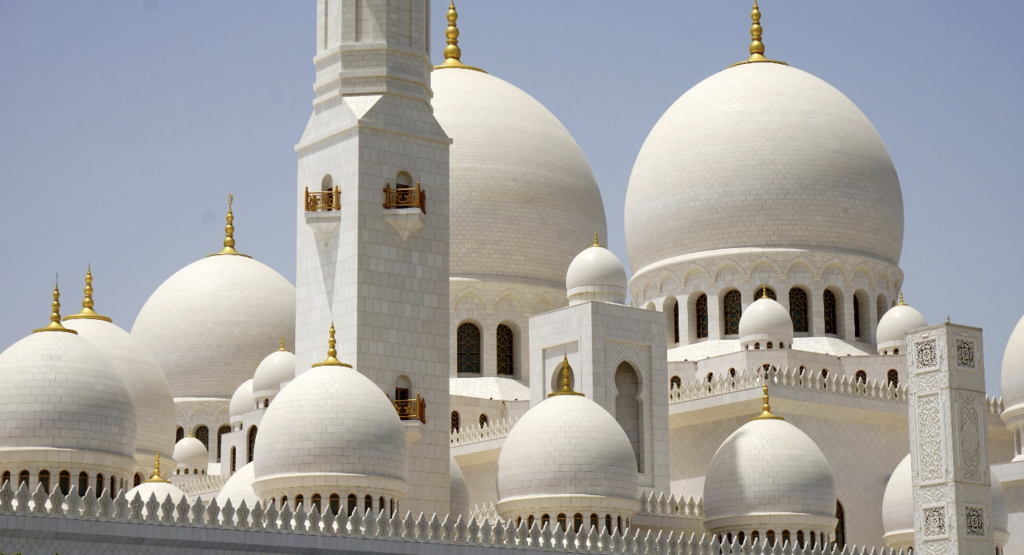Religion and politics have been entangled in a complex dance throughout human history. From ancient civilisations to modern democracies, the interplay between these two spheres has shaped the course of nations, policies, and societies. Religion and politics have always had a close relationship and engaged in an intriguing and intricate interplay throughout the history of human civilisation. Governmental decisions were heavily influenced by religious institutions in antiquity, and rulers frequently adopted divine attributes. The union of the religious and political domains granted legitimacy and authority to those in power, as seen by the majestic pyramids of Egypt and the imperial splendour of Rome.
However, the connection between religion and politics grew even more obvious with the advent of monotheistic religions like Christianity and Islam. Theocracies, when religious leaders ruled in accordance with the will of God, began to exist. This close interaction between governmental and religious authority gave rise to both progressive eras of cultural advancement and gloomy eras of persecution and intolerance.
The relationship between religion and politics underwent a paradigm shift during the Age of Enlightenment in the 17th and 18th centuries. Intellectuals and philosophers argued in favour of logic, science, and individual liberties while contesting the unlimited power of religious institutions. As a result, political structures became more secular and the separation of religion and state became more important.
Following this intellectual revolution, many countries shifted to secular regimes that placed a strong emphasis on defending individual liberties, freedom of speech, and the rule of law. This division sparked discussions about the proper place of religion in contemporary administration while simultaneously aiming to avoid religious doctrine from overly affecting public policy.

The omnipresence of religion as a potent catalyst in shaping public policies and political determinations across the globe endures with unwavering force. In the realms of democratic societies, religious factions and individuals hold a pivotal position in the political sphere, ardently advocating for policies that resonate with their deeply entrenched moral and ethical convictions. From contentious quandaries such as abortion and same-sex marriage to the enduring discourse surrounding assisted suicide, the tenets of religion frequently exert an indelible influence on the positions espoused by diverse groups.
Additionally, religious organisations frequently offer social services, aiding marginalised groups and supporting welfare programs. These efforts can create communal cohesion and address societal issues by bringing religion and politics together in a positive way.

The history of religion and politics is extensive and complex. Politics and religion have occasionally worked together harmoniously as weavers of social cohesiveness and understanding. But like two rivers that are parting ways, they have also collided violently, giving rise to difficulties that will linger in the history books for a very long time. One of the most urgent issues is the emergence of religious extremism, where people or groups view religion teachings as justification for acts of violence or prejudice against others. This can lead to sectarian conflicts and undermine national security, as extremist groups seek to impose their beliefs on others through force and intimidation. In this article, we will explore the complex and often perilous relationship between religion and politics, and the many ways in which it has shaped the course of human history.
Additionally, religious organisations’ political ambitions may occasionally conflict with society norms or undermine the rights of underrepresented groups. In varied communities, it is difficult to strike a balance between the right to practice one’s religion and the ideals of equal rights for all individuals.
Recent years have seen the rise of identity politics as a strong force that frequently combines religious beliefs. Because people and communities closely identify with their religious roots, voting blocs and political groups founded on particular religious’ ideas have been formed. Politicians may then modify their messages to appeal to these constituencies, further fusing religion and politics.
Geopolitics and interstate relations are both influenced by religion. For instance, the Israeli-Palestinian conflict is a great example of a Middle Eastern conflict with strong religious underpinnings. Furthermore, nations with religious majorities frequently join forces and develop partnerships based on similar values and cultural links. The stability of the region and international relations may be impacted by these dynamics.
As the world grows more interconnected, societies must carefully and intelligently handle the complex interaction between religion and politics. In order to reduce religious conflicts, pluralism should be embraced and interfaith interaction should be encouraged.
The development of knowledgeable individuals capable of examining the junction of religion and politics critically depends heavily on education. Societies can encourage a more nuanced approach to governance by encouraging a deep awareness of various belief systems and their historical context.
The relationship between religion and politics has been a defining feature of human history, shaping the course of nations and the destiny of peoples. From the great theocracies of the ancient world to the modern democracies of today, religious beliefs have played a central role in shaping political systems and public policies.
Yet, traversing this enigmatic terrain demands a delicate artistry, one that harmonizes the symphony of religious freedom with the preservation of every citizen’s rights. It calls for a graceful dance of understanding, empathy, and enlightenment, where societies engage in a profound dialogue that nurtures a coexistence where diverse beliefs enrich the public discourse, while the bedrock principles of equality and justice remain steadfastly upheld.
Sources
- https://iep.utm.edu/rel-poli/
- https://www.premiumtimesng.com/opinion/547897-nigeria-the-politics-of-religion-in-a-transitional-society-by-rotimi-akeredolu.html
- https://libjournals.mtsu.edu/index.php/scientia/article/view/1802
- https://libjournals.mtsu.edu/index.php/scientia/article/view/1802
- https://theconversation.com/nigerias-election-six-dangers-of-mixing-religion-with-politics-198928
- https://www.tandfonline.com/doi/full/10.1080/09637494.2017.1363345




